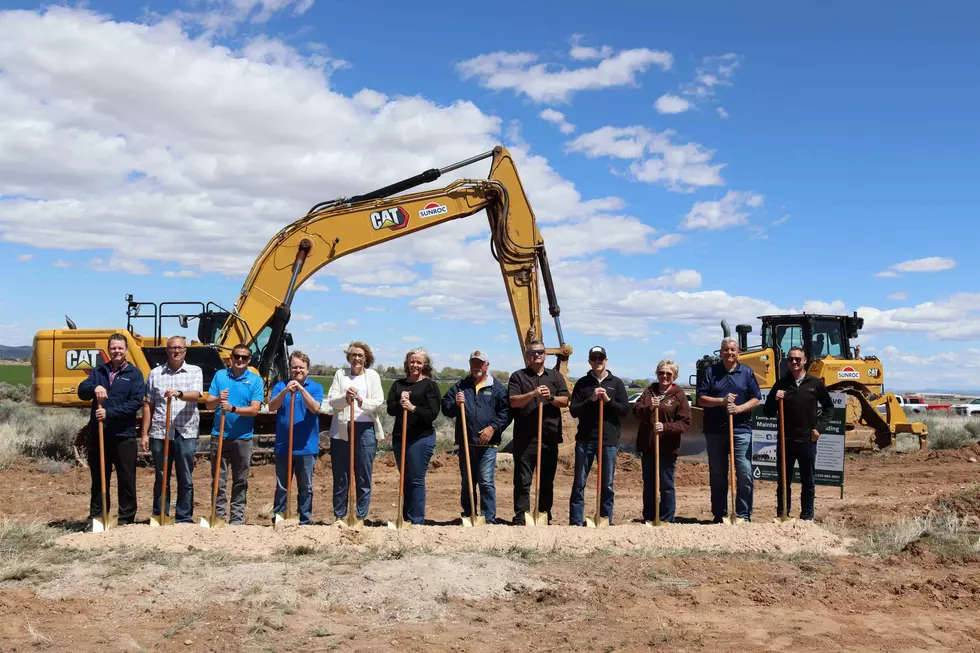
Health Department Works To Keep Food Safe In Southern Utah
Dave Heaton is the Public Information Officer for the Southwest Utah Public Health Department, and he was with us on the radio on Wednesday morning for the show an “Ounce of Prevention.” This morning, Dave spent a little time explaining some of the things the health department does other than providing health information and bulletins to the public.
“In our health department, we have four divisions. That would be Community Health, we have Clinical Services, Emergency Preparedness and the environmental health,” Heaton said. Dave then wanted to focus on one of the services that is provided by the Environmental Health division.
Heaton went on to talk about the permitting and inspection process the health department does for area restaurants and food service facilities. “A lot of people will often ask...which restaurants are horrible or should I avoid, and really the good news is in our district, it's pretty rare to have a restaurant get to the point where they have some kind of a warning, or get shut down. In fact, the last time that happened was probably over a year ago.” With hundreds of restaurants in the five county area, that speaks well of the establishments.
“The vast majority of people that run restaurants want to stay in business,” Heaton explained, “they're going to do everything they can to maintain that clean, safe place.” The health department puts food establishments in to one of four categories. The lowest risk facilities are places such as the now popular drink dispensing locations, while the highest risk level restaurants are those that have fully prepared food, and serve food that could potentially be at high risk, such as sushi. Heaton said it is the types of food served that determines the risk level of an establishment, and that those with a higher risk get inspected more often.
“We don't often find a restaurants that have a glaring public health or safety issue,” Heaton told us. Once an issue is discovered Heaton says the owners are very eager to correct the issue and keep it corrected.
The health department also oversees the issuance of food handler permits. Those permits are required by the state of Utah. Anyone who works in a food establishment is required to have a permit, and the permits last for three years. Anyone interested in obtaining a food handlers permit can get information at swuhealth.org.
In addition to employees, each food establishment must also have a permit to operate. Those permits are renewed on an annual basis. Plus, every restaurant also must have a Food Safety Manager.
One of the main things inspectors will be looking for when they inspect a restaurant is proper food temperature. “Food that is heated up, if it is heated to the proper temperature can kill most of the bacteria that can cause a food borne illness,” Heaton explained. And he mentioned we need to be aware of temperature issues even in our homes. “When it comes to holidays, and people are preparing big dinners for large groups of people, make sure that you keep raw meats or raw foods like that separate from produce or things that are not cooked so there won't be cross contamination.”
For those wanting more information on proper food preparation in the home Heaton suggested Googling “proper meat cooking temperatures” and having a meat thermometer available.
You can listen to the entire Ounce of Prevention program below.
Not a fan of personal debt? Keep scrolling to see the states adding the most debt. Is Utah on the list?
10 States Adding the Most Unsecured Personal Load Debt
Gallery Credit: Kyle Matthews
More From KSUB 590/107.7









